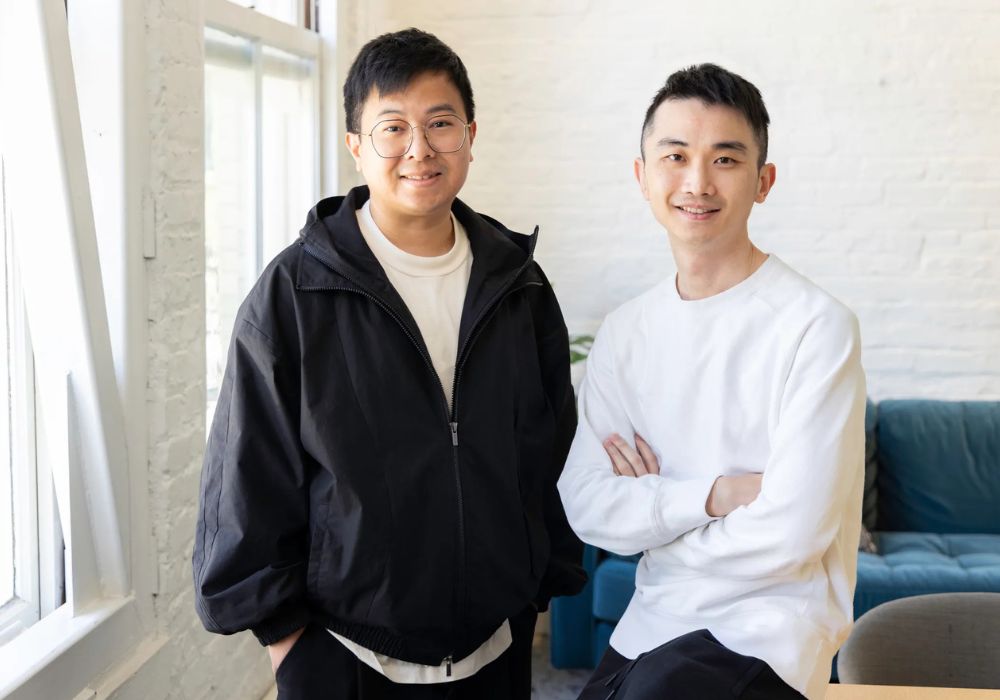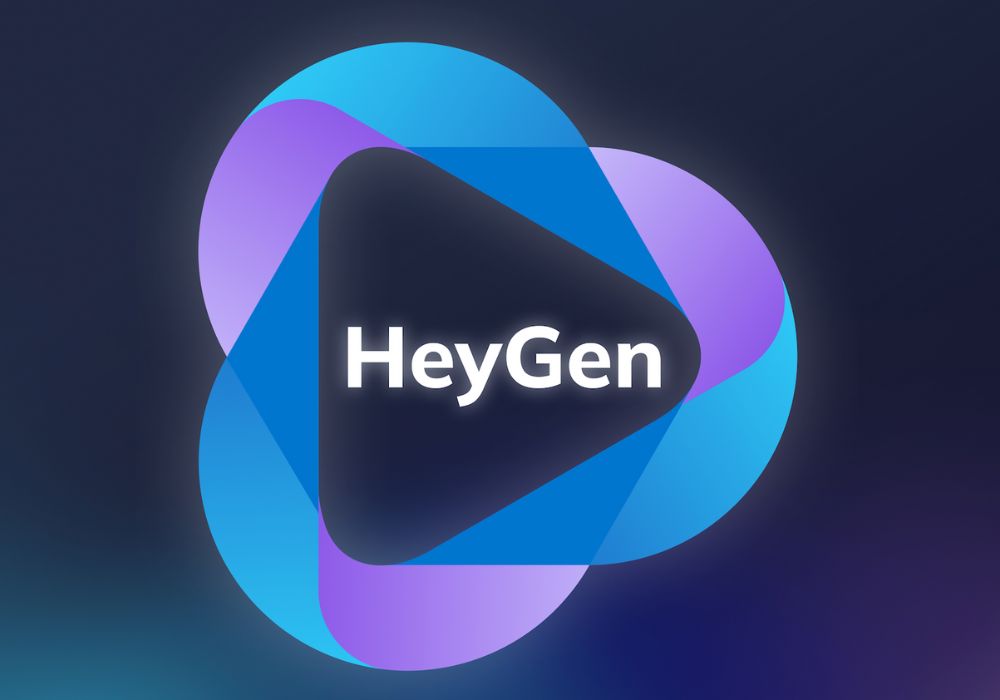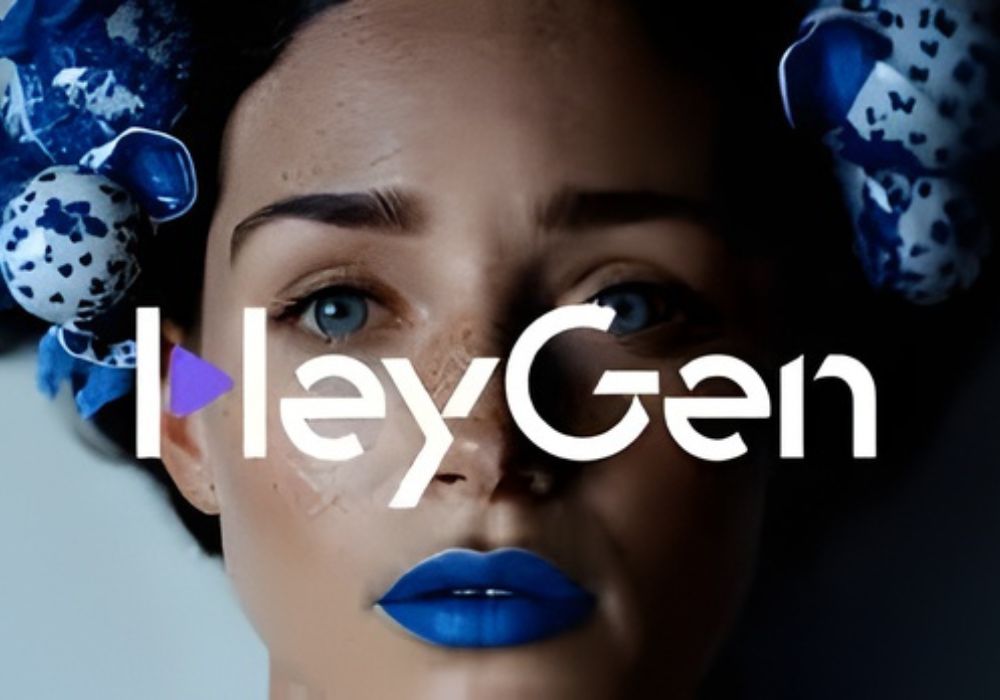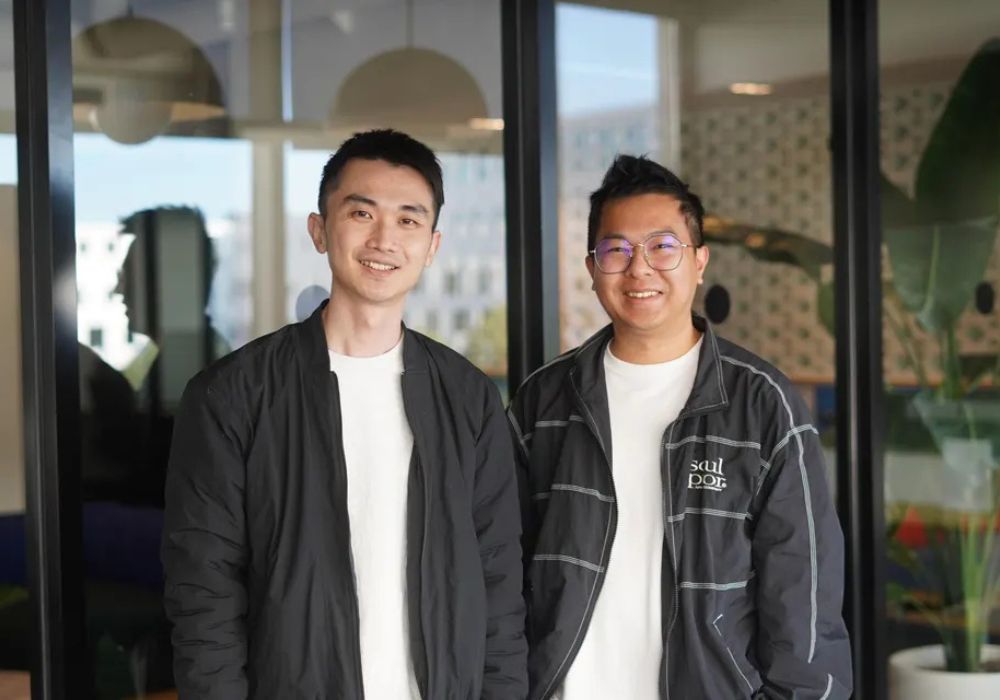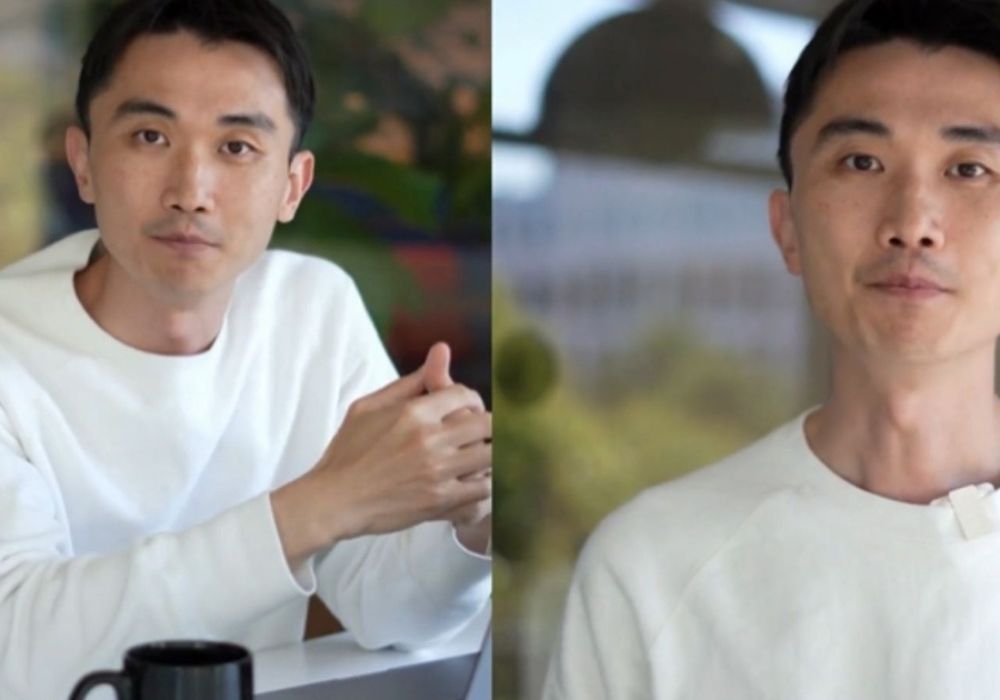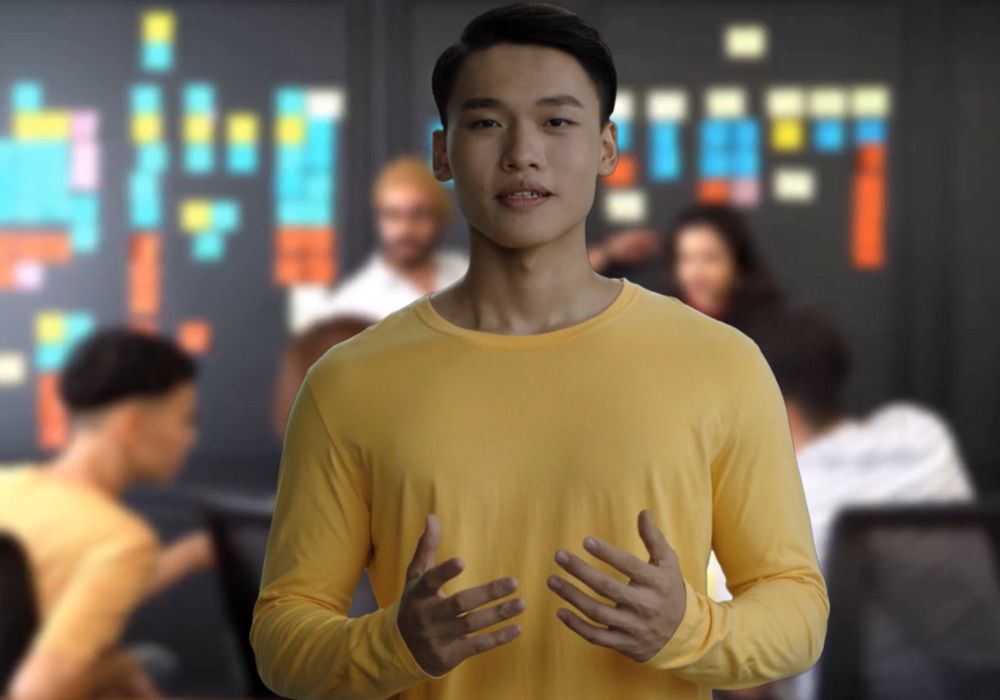The video that sparked HeyGen’s creation was supposed to be a secret—a crude, 30-second proof-of-concept. In late 2021, co-founders Joshua Xu and Wayne Liang huddled around a single laptop in a sparse office. They typed a script in English, selected a Chinese-speaking avatar, and hit “Generate.”
What appeared on the screen seconds later was not just a video; it was a vision of the future. The avatar’s lips moved in perfect, fluid sync with the Mandarin audio. The tone was natural, not robotic. There was no expensive film crew, no green screen, no sound engineer. It was just code, creating something that felt impossibly human.
Xu, who doesn’t speak Mandarin, played the video for his mother. She understood every word. “How much did this cost?” she asked, impressed. When he told her it was generated by their AI, her disbelief was the final validation. They weren’t just building a tool; they were building a HeyGen — a universal translator for human expression powered by artificial intelligence.
This was the spark for HeyGen, a company that would soon explode from a niche AI toy into a foundational platform for global business communication, reaching a $440 million valuation in under three years and challenging the very economics of video production.
continue reading